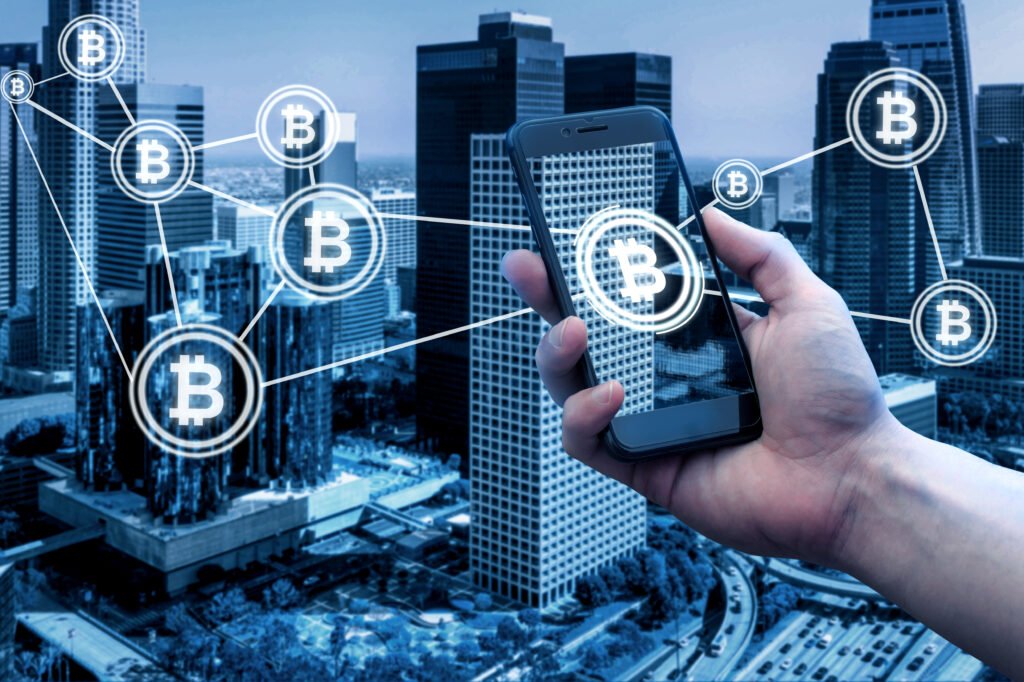
Russia has embraced the use of digital currency as a means of overcoming the sanctions placed on them by the international community. As a response to these restrictions, the Russian government has considered the launch of its digital currency, known as the ‘digital ruble’ to facilitate cross-border payments. Can the use of digital currency help Russia to avoid sanctions? What are the limitations arising from the use of digital currency? This article has examined the possibility of avoiding sanctions with the use of digital currency.
Russia develops its digital currency – Digital Ruble
Russia has been developing its digital currency for several years. The project was accelerated due to the restrictions placed on the country for invading Ukraine. The ban placed on Russia from using SWIFT has made it difficult for Russia to access the global financial system and has limited investors seeking to buy leveraged stocks using this method of payment.
Consequently, the Russian government has moved to launch its digital payment system – the digital ruble, to circumvent these sanctions and continue to trade with other countries. Can this help Russia to avoid the US sanctions? We shall discuss this in the next paragraph below.
Can Russia’s Digital Currency Help to Avoid Sanctions?
As Russia battles to overcome the sanctions from the United States and its allies. The use of its digital currency has been considered a potential way out from the restrictions in making cross-border payments.
The digital ruble is a Blockchain-based technology that is still under development. It is a centralized digital currency, which is to be issued and controlled by the Russian government. The decentralized nature of the digital ruble could make it easier to carry out cross-border payments. This could potentially help Russia to mitigate the impact of the sanctions on its economy.
Additionally, the use of digital currency could further enhance financial inclusion in Russia by providing easier access to financial services, especially in remote areas where traditional banking infrastructure is limited.
Notwithstanding, there are some challenges that Russia would need to overcome to use the digital ruble to avoid sanctions.
First, the digital ruble would need to be widely adopted by businesses and individuals. If it is not widely used, then it will be difficult for Russia to use it to replace the use of traditional currencies in international trade.
Second, Russia would need to ensure that the digital ruble is not subject to the same sanctions as the traditional ruble. This could be difficult, as the United States and its allies have shown a willingness to target digital assets in their sanctions regimes.
Third, Russia would need to be careful not to use the digital ruble to finance illegal activities. If the digital ruble is used to facilitate money laundering or terrorism financing. Then it could be subject to sanctions even if it is not directly used to evade sanctions.
Fourth, the introduction of a digital ruble could disrupt the traditional banking sector, leading to a relegation of the physical currency.
In addition to the digital ruble, Russia could also use other cryptocurrencies to evade sanctions. However, this would be a risky proposition, as cryptocurrencies are volatile assets. This often discouraged investors seeking to buy Cryptocurrency as a store of value.
Conclusion
The development of Russia’s digital currency, the digital ruble, presents both opportunities and challenges in the context of avoiding sanctions. While it could potentially provide an avenue to bypass SWIFT-related sanctions and enhance financial inclusion. Its success would depend on international acceptance and the development of a secure and resilient technological ecosystem.
